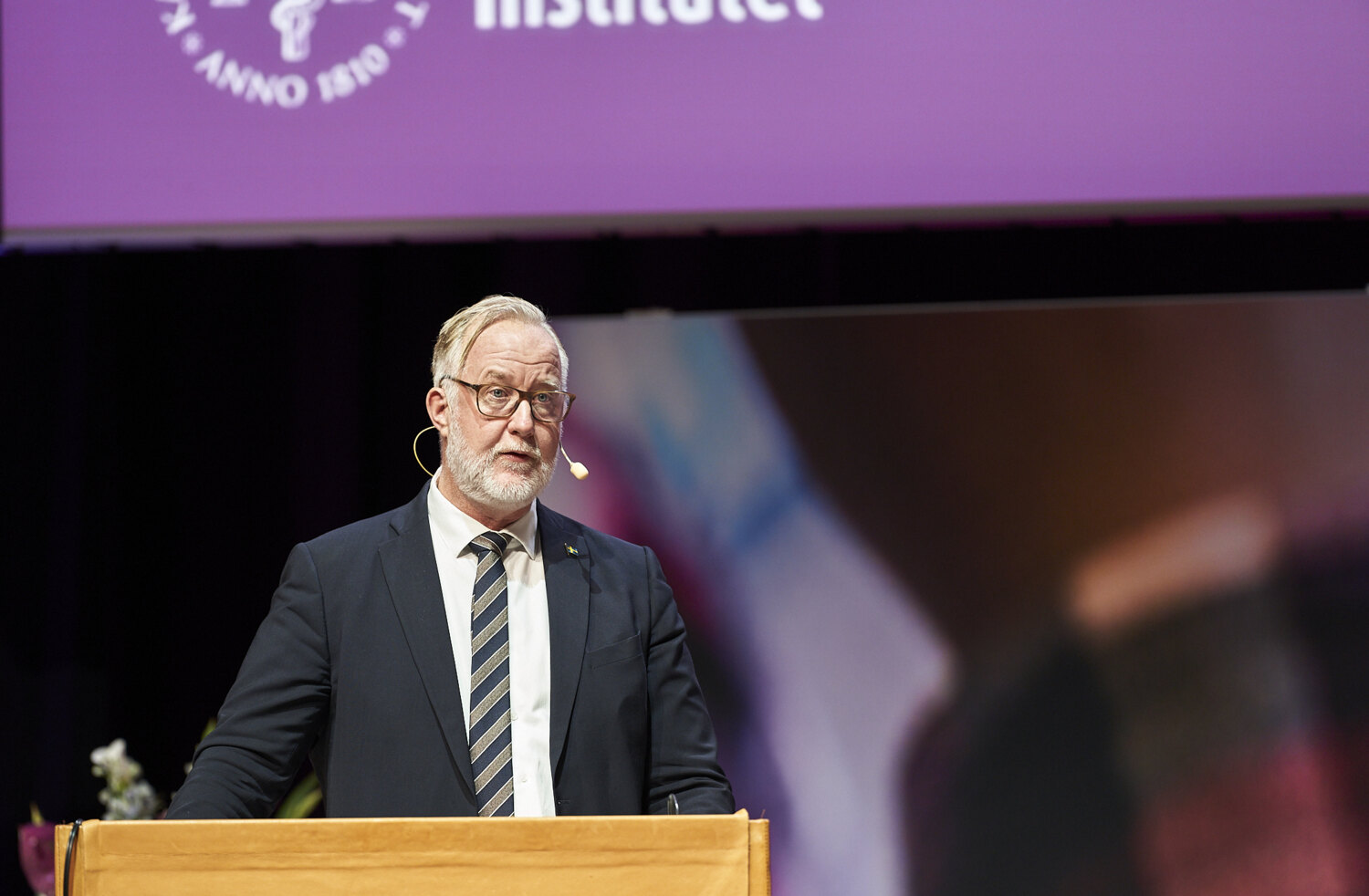As planned, Western Australia will move to very high caseload settings from 12.01am Thursday March 10 to ensure continuity of operations for critical industries as COVID-19 cases approach the peak.
Based on the latest health advice, businesses that have registered their critical workforce will have the option of implementing new testing and isolation protocols for critical workers, if needed when there is a high impact on services, to safely continue essential operations.
As announced in January, the critical worker definition is essential to maintain critical services and avoid catastrophic losses such as loss of life, ongoing access to care and essential goods, and workplace safety.
The definition of a critical worker in WA is someone whose role cannot be undertaken at home and who:
- performs a role that is critical to the COVID-19 response or continuation of critical services that prevent significant harm (e.g. loss of life, catastrophic impacts to safety or welfare, lack of access to essential goods) to an individual or the community; or
- performs a role that is necessary for the safe continuation of services and/or has specialist skills in specified .
These critical workers who are asymptomatic close contacts can attend work as a last resort, if mutually agreed between employer and employee, with the following protocols:
- record a daily negative Rapid Antigen Test (RAT) prior to attending or on arrival at the workplace;
- wear a surgical mask to work and outside your home, and travel alone, if possible;
- when not at work, you must self-isolate;
- if symptoms ever develop, you must follow symptomatic close contact protocols; and
- if a RAT is positive, you must follow confirmed positive case protocols.
Workplaces are required to determine the critical roles based on legal requirements and register this information online at .
Under the very high caseload settings, students in school or early childhood education and care settings, who are asymptomatic but have been identified as a close contact under the existing definitions (but not a household close contact), will be able to continue attending school or childcare and benefit from face-to-face learning.
The school-based close contact protocols allow asymptomatic students in school or childcare to attend school, childcare, after-school care and other school-based sporting, cultural training or after-school events at the students’ school, but self-isolate at all other times until the seven days has passed. This does not include attending other social, cultural or community sporting activities not based at the asymptomatic students’ school.
Schools and childcare can utilise the critical worker definitions for staff, if necessary.
To assist with meeting the critical worker requirements, RATs have been distributed to public and non-government schools across WA for use by asymptomatic staff identified as close contacts who agree to return to work.
For the full list of defined critical workers and for more information, visit
As stated by Health Minister Amber-Jade Sanderson:
“Now that we are seeing COVID-19 cases significantly increase in our community we must take our next steps, as planned, to ensure critical services can continue.
“Critical operations in areas like supermarkets, pharmacies, schools and food supply chains will be able to implement the very high caseload settings, as needed.
“It is intended to be a measure of last resort for critical industries when they really need it and there are strict protocols for asymptomatic critical workers to attend work.
“By making these measures available now we are striking the right balance between the risks presented by COVID-19 and maintaining critical services.
“I’d also encourage those who haven’t yet done so to get vaccinated, including your third dose when you are eligible, as this is the best protection we have against the virus.”
As stated by Education and Training Minister Sue Ellery:
“Face-to-face learning is so important to children and young peoples’ learning, social and emotional development, overall wellbeing and physical and mental health.
“With the number of schools impacted by cases of COVID-19 continuing to rise, we need to get the balance right to ensure students are not missing out on learning opportunities for no reason.
“The school-based close contact protocols will mean students who are showing no signs of illness can continue attending class under very high caseload settings.
“However, based on the Chief Health Officer’s advice, children who are close contacts due to household contact should not attend school for seven days, and quarantine as per current advice.
“We know teachers and education staff provide a critical role in our society – that’s why we are classifying them as critical workers, and providing RATs to all schools for use by staff so education can continue to be provided in a safe way.”
As stated by Community Services Minister Simone McGurk:
“Early childhood education is so important not only for children’s socialisation and development, but for parents, employers and the wider community.
“These new settings will help keep children and educators safe and minimise disruption for families.”








